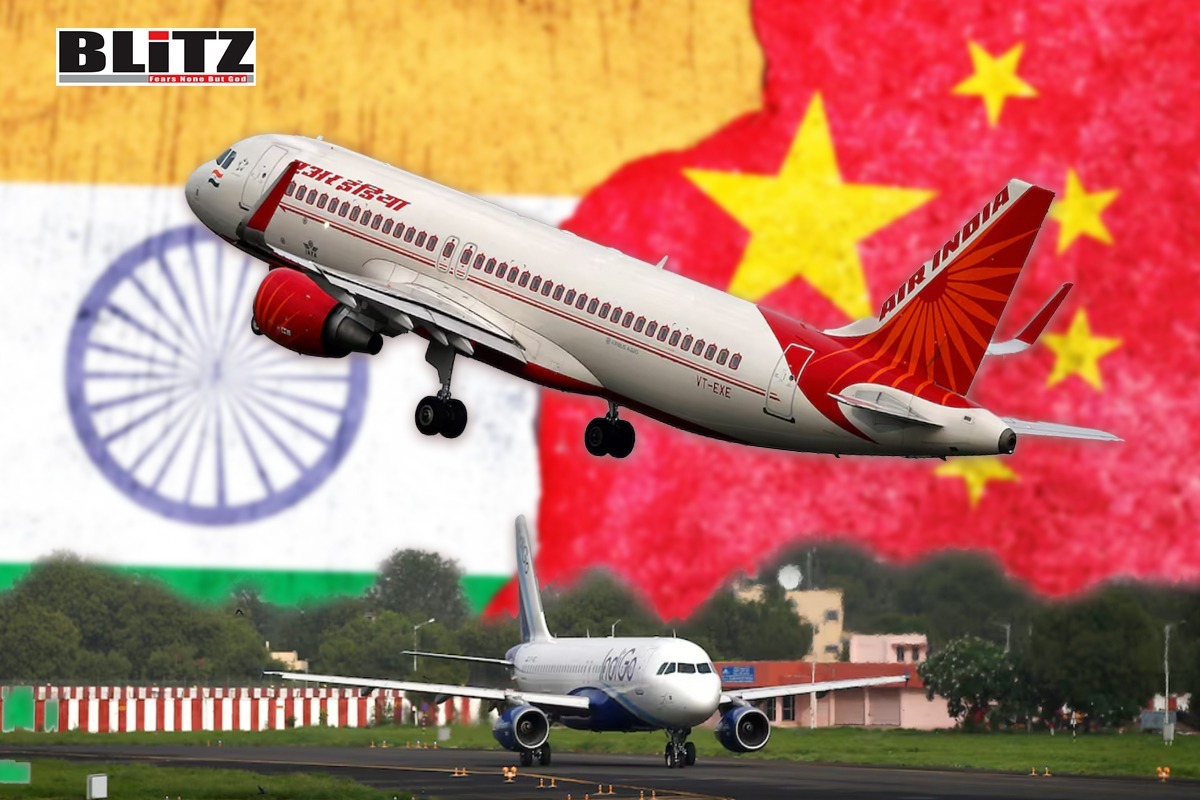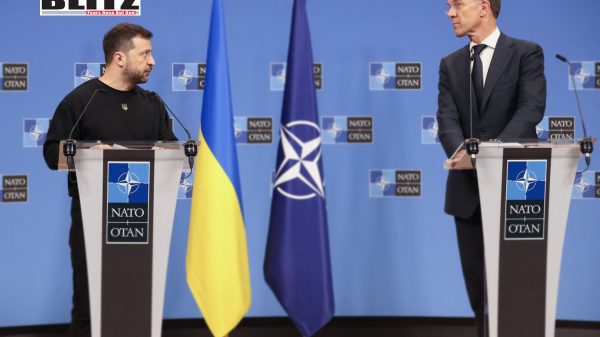India must reconsider its stance on direct flights with China
- Update Time : Sunday, June 23, 2024

For over four years, direct passenger flights between China and India have remained suspended, a situation that seems increasingly untenable given the significant economic and social interdependencies between the two nations. A Reuters report published on June 20 indicated that despite several overtures from China’s government and airlines to re-establish these vital air links, India’s civil aviation authorities have been reluctant, citing border tensions as a primary obstacle. This impasse reflects broader strategic and political calculations but overlooks the substantial mutual benefits that could be gained from resuming direct flights, both economically and in terms of fostering greater understanding and cooperation.
India has imposed stringent visa restrictions on Chinese citizens, complicating business and student visa applications and hindering the renewal of visas for Chinese journalists. This has led to a significant reduction in media exchanges and the absence of permanent journalists between the two nations. Furthermore, since tightening restrictions on Chinese investments in 2020, around 200 investment applications from Chinese companies remain pending with the Indian government. This situation reflects a broader Indian strategy of decoupling from China, influenced by political and strategic considerations.
Seeking decoupling from the Chinese economy is impractical and counterproductive. Despite the strained relations, China-India trade has continued to grow, highlighting the deep-seated economic interdependence between the two countries. In the fiscal year 2023-24, bilateral trade reached $118.4 billion. A survey by India’s “Business Today” in December 2023 revealed that over half of Indians purchased products made in China. This underscores the reality that, irrespective of political tensions, there is a genuine need for Chinese goods in India and vice versa.
Moreover, the number of trips between China and India before the suspension of direct flights was substantial. In 2019, there were approximately 1.0674 million trips between the two countries, with around 869,600 Indian citizens entering the Chinese mainland. These figures indicate a robust demand for direct flights, which facilitate not just tourism but also business and educational exchanges. Resuming direct flights would not only cater to these demands but also foster better bilateral relations by increasing people-to-people contact.
India’s approach towards China seems to be influenced by a combination of security concerns and a desire to assert its position in the international arena. By maintaining a state of tension in bilateral relations, India appears to believe it can leverage its position to gain favorable outcomes either from China or from other international actors, particularly the United States. However, this strategy has significant drawbacks.
Firstly, India’s stance on the border dispute should not overshadow the potential benefits of normalizing other aspects of the bilateral relationship. While security concerns are valid, using them as a blanket excuse to halt progress in other areas is short-sighted. The complexities of China-India relations require a more nuanced approach, one that balances security considerations with economic and social interests.
Secondly, India’s current visa policies and reluctance to resume direct flights are self-damaging. By restricting Chinese business travelers, students, and tourists, India is not only missing out on economic opportunities but also damaging its own reputation as a hospitable and open country. Easing these restrictions could foster goodwill and lead to a more balanced and reciprocal relationship.
China has consistently advocated for improving relations with India, emphasizing that the common interests of their 2.8 billion people outweigh the differences. This perspective aligns with objective realities rather than the subjective political agendas that currently dominate the discourse. Given the estimated 130 million outbound trips from China this year, India’s continued resistance to resuming direct flights and issuing visas could result in a significant loss of potential business and tourism revenue to other countries.
Countries like Japan, South Korea, and various Southeast Asian nations are actively welcoming Chinese tourists, recognizing the substantial economic benefits they bring. India, on the other hand, appears content to keep its doors closed, potentially losing out on similar opportunities. This insular approach is not only economically damaging but also diminishes India’s standing in the global community.
To navigate these challenges, New Delhi needs to reassess its policies. A more pragmatic approach would involve resuming direct flights and easing visa restrictions for Chinese citizens. This would not only boost economic ties but also promote cultural and academic exchanges, fostering mutual understanding and cooperation.
Furthermore, addressing border issues through diplomatic channels while simultaneously enhancing other aspects of the bilateral relationship could create a more balanced and constructive engagement. India should recognize that its long-term interests are better served by fostering a stable and cooperative relationship with China, rather than perpetuating a cycle of tension and isolation.
The suspension of direct flights between China and India is a manifestation of broader political and strategic tensions. However, maintaining this status quo is detrimental to both nations. By resuming direct flights and easing visa restrictions, India can foster better economic, cultural, and academic ties with China, ultimately benefiting both countries. It is imperative for New Delhi to adopt a more balanced and pragmatic approach, one that recognizes the mutual benefits of a cooperative relationship with China.
India’s policymakers need to do the correct math on direct flights between China and India. The benefits of restoring these links far outweigh the perceived strategic gains from maintaining the current state of tension. A forward-looking approach that prioritizes economic growth and mutual understanding will serve both nations better in the long run.



















Leave a Reply